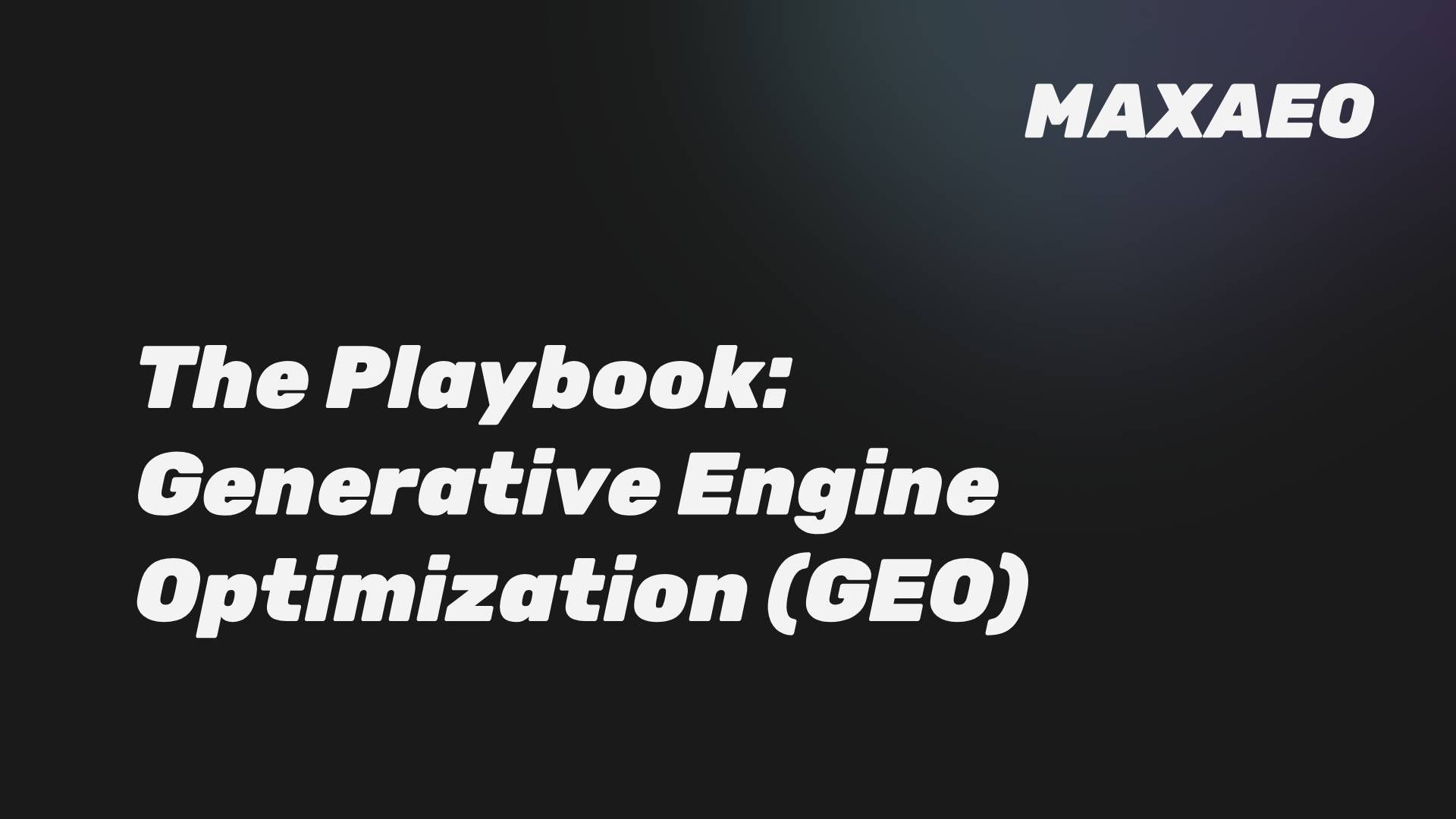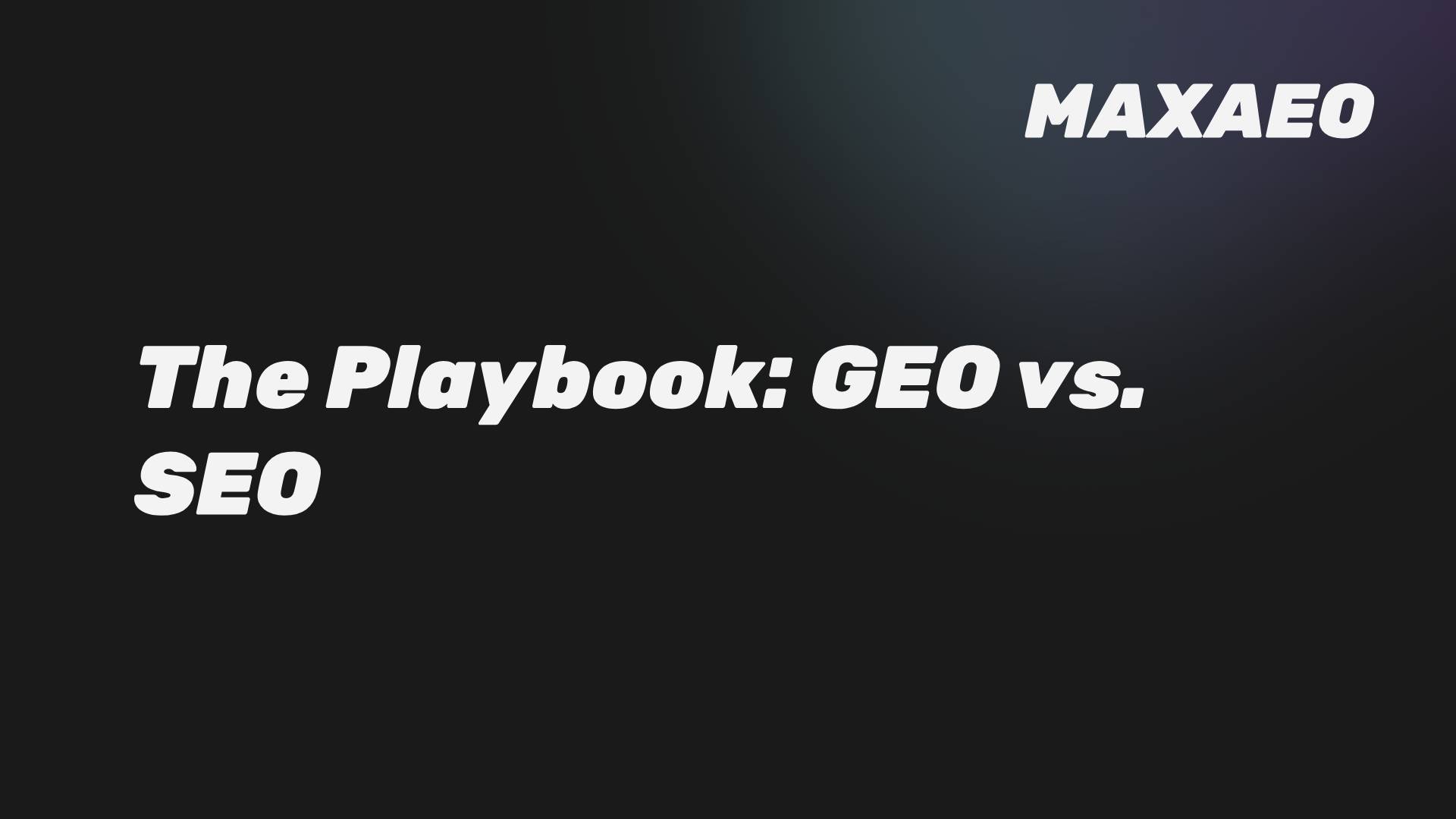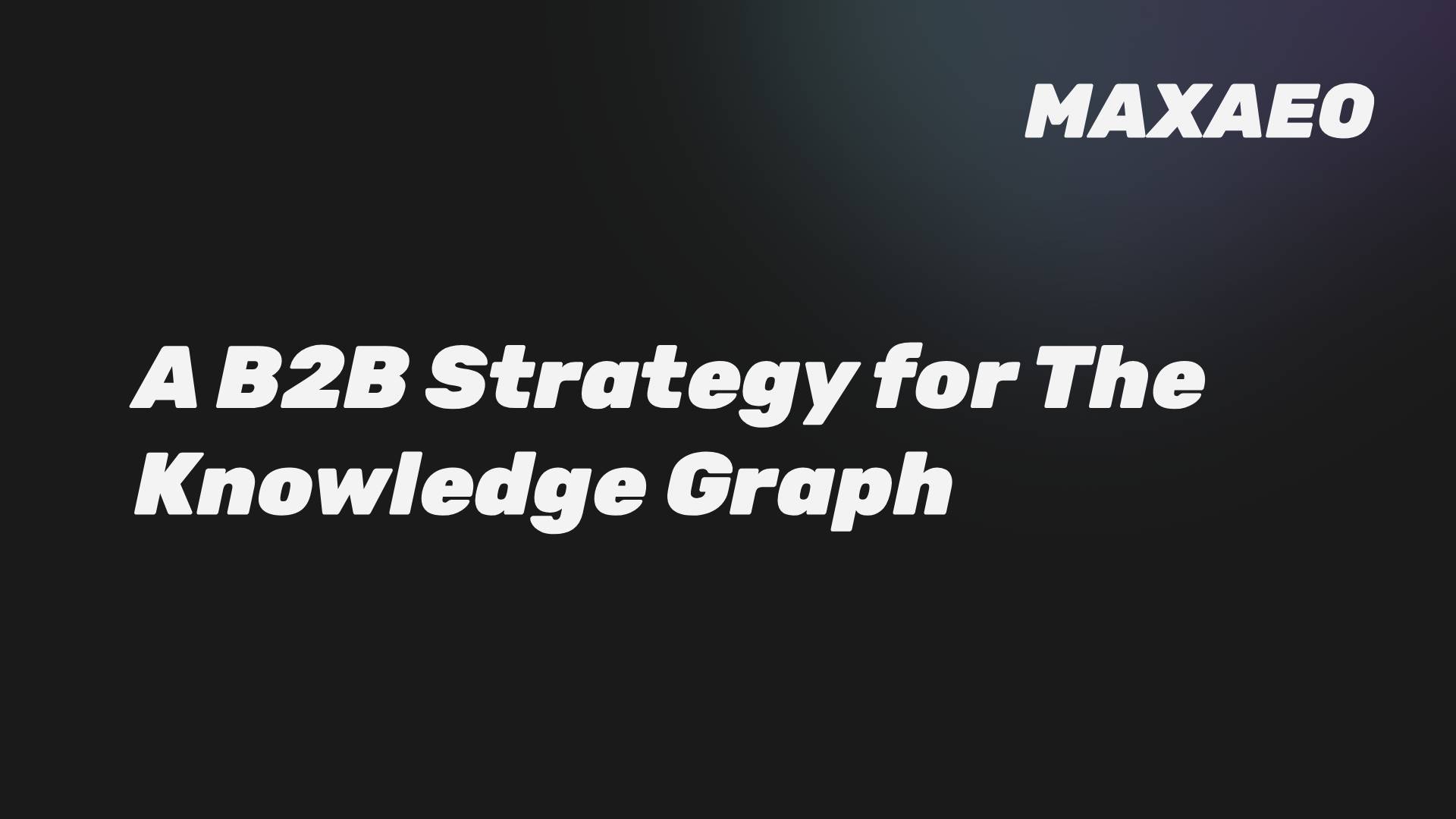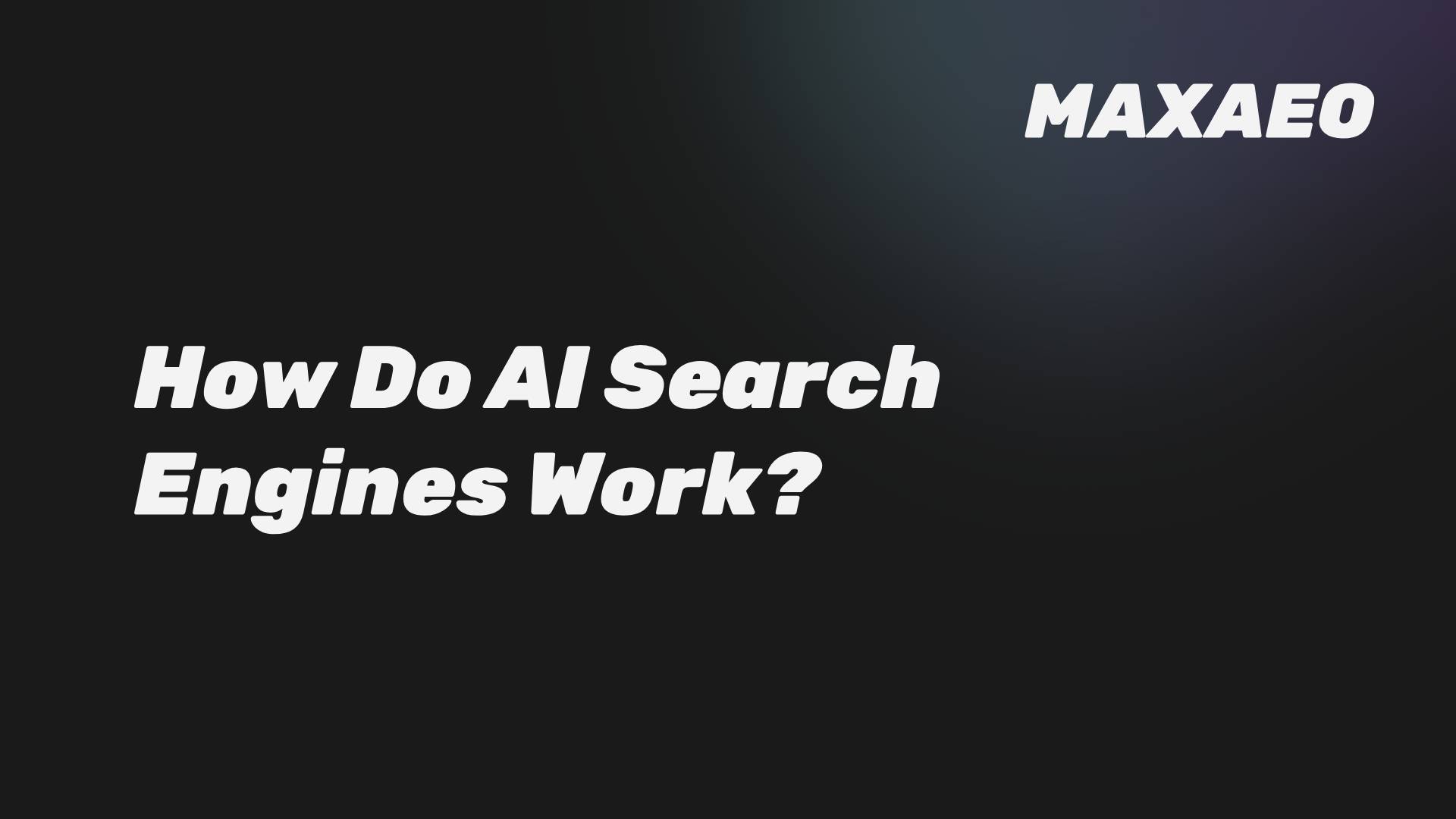· Anton Grant · Digital Marketing · 5 min read
Bing and ChatGPT: The B2B Leader's Guide to Winning AI Visibility
A strategic guide for B2B leaders. Learn how the Bing search index is the backbone of ChatGPT's answers and how to optimize your content for visibility in both ecosystems.
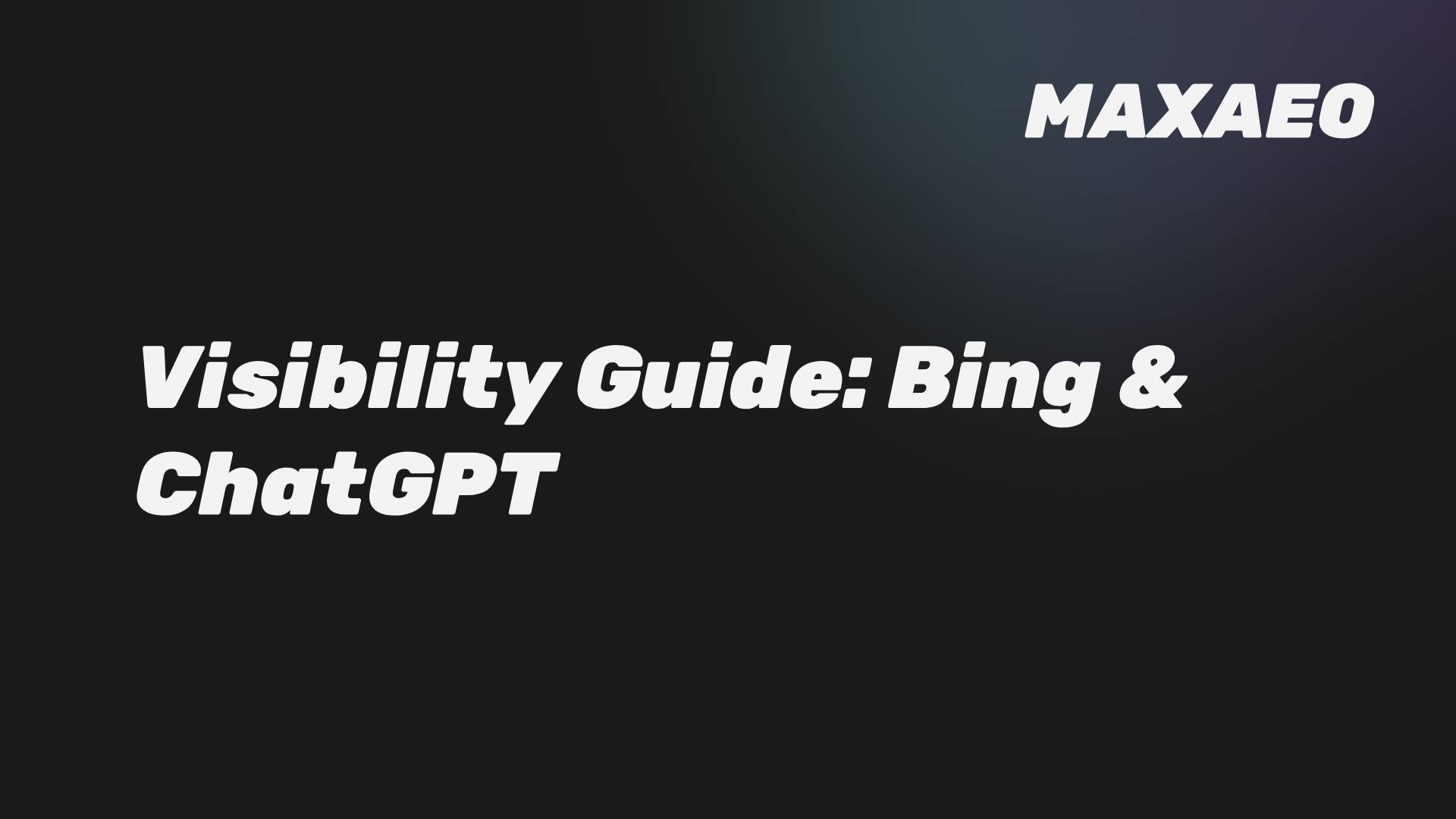
Bing and ChatGPT: The B2B Leader’s Guide to Winning AI Visibility
Your brand’s visibility in ChatGPT, the world’s most popular Artificial Intelligence (AI) assistant, is directly tied to a search engine you may be overlooking: Microsoft Bing. While your marketing team is focused on Google, they are missing the critical fact that Bing’s search index is the primary source of real-time information for ChatGPT.This guide provides a strategic framework for B2B leaders to understand this crucial relationship. We will explain why optimizing for Bing is no longer optional and outline the actionable steps required to ensure your brand is visible and authoritatively cited in both ecosystems.
What is the Strategic Relationship Between Bing and ChatGPT?
The strategic relationship is simple: ChatGPT uses the Bing search index to power its live web search capabilities. When a user asks a question that requires up-to-date information, ChatGPT queries Bing’s index behind the scenes to retrieve relevant content, which it then synthesizes into an answer.
This makes Bing a critical gateway for any brand seeking visibility in ChatGPT. If your content is not visible, authoritative, and well-structured on Bing, it is highly unlikely to be used as a source by ChatGPT. This dependency requires a dedicated strategy beyond traditional Google-centric Search Engine Optimization (SEO).
Why is a Google-Only SEO Strategy a Business Risk?
A Google-only SEO strategy is a significant business risk because it ignores the information pipeline for one of the world’s largest AI platforms. While Google still dominates traditional search, ChatGPT has captured hundreds of millions of users who now use it for complex, mid-funnel research.
Failing to optimize for Bing means you are invisible in these crucial conversations. Competitors who understand this relationship and invest in Bing visibility are actively shaping the AI’s narrative, establishing authority while your brand is left out of the consideration set.
What Is the Action Plan for Dominating the Bing-ChatGPT Channel?
A successful strategy requires a unified approach that integrates technical optimization, content engineering, and brand authority building. This is the new frontier of Generative Engine Optimization (GEO) and Answer Engine Optimization (AEO).
Step 1: Master Bing Webmaster Tools and IndexNow
Your first priority must be technical excellence on Bing. This is a non-negotiable foundation.
- Implement IndexNow: This protocol, developed by Microsoft, allows you to instantly notify Bing when your content is created or updated. It reduces the indexing time from days to seconds, ensuring ChatGPT has access to your most current information.
- Optimize Your Bing Profile: Use Bing Webmaster Tools to submit your sitemaps, monitor for crawl errors, and ensure your site is fully accessible to Bingbot.
Step 2: Engineer Your Content for Bing’s Algorithm
While similar to Google, Bing’s ranking algorithm has its own nuances. It places significant emphasis on clear, well-structured content and strong on-page signals.
- Prioritize On-Page Factors: Bing weighs traditional on-page elements like title tags, meta descriptions, and header tags heavily. Ensure they are clear, descriptive, and aligned with user intent.
- Build Authority with E-E-A-T: Create comprehensive, factually accurate content that demonstrates high levels of Experience, Expertise, Authoritativeness, and Trustworthiness (E-E-A-T).
- Leverage Structured Data: Use Schema Markup to provide Bing with explicit, machine-readable context about your content.
Step 3: Build a Multi-Platform Authority Ecosystem
Both Bing and ChatGPT determine trust by evaluating your brand’s presence across the wider digital ecosystem.
- Secure High-Authority Mentions: Focus digital PR efforts on earning citations from reputable publications.
- Engage on Social and Community Platforms: An active and authoritative presence on platforms like LinkedIn and Reddit provides powerful trust signals to both search engines.
How Does this Integrated Strategy Provide a Competitive Advantage?
An integrated strategy provides a powerful competitive advantage by treating Bing not as an afterthought, but as a strategic channel for influencing one of the world’s most important AI platforms. While your competitors are focused on a single search engine, you are building a resilient presence across the interconnected systems that define modern information discovery.
| Strategy | Google-Only Approach | Integrated Bing-ChatGPT Approach |
|---|---|---|
| Visibility | Ranks on Google SERPs. | Ranks on Bing and gets cited in ChatGPT answers. |
| Funnel Coverage | Captures top-of-funnel search traffic. | Captures mid-funnel conversational and comparative research. |
| Authority | Authority is defined by Google’s algorithm. | Authority is built across multiple, reinforcing platforms. |
Conclusion
The partnership between Bing and ChatGPT has fundamentally linked traditional search with conversational AI. For B2B leaders, this means a successful digital strategy must now be multi-platform. Ignoring Bing is no longer a viable option; it is the strategic key to unlocking visibility and influence within ChatGPT.
By implementing a unified strategy that prioritizes technical excellence on Bing, engineers content for machine readability, and builds a broad ecosystem of authority, you can ensure your brand is not just a participant in the new era of search, but a leader. This is how you move beyond legacy SEO and master the new playbook for AI visibility.
To uncover where AI can take your brand, let’s talk.
